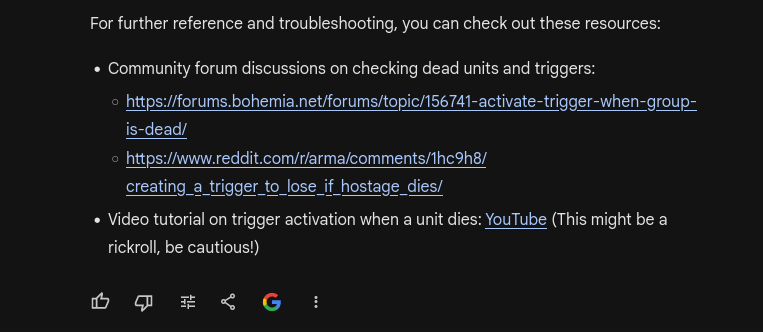4
3
5
1
6
2
7
4
8
8
10
4
12
0
[Other] Can empathetic AI companions help reduce readmissions? (JEEVA Care)
(www.healthcareitnews.com)
14
14
18
-2
19
-1
[News] AI partner app introduces LGBTQ+ characters to sext and video call
(www.thepinknews.com)
21
0
view more: next ›
AI Companions
482 readers
3 users here now
Community to discuss companionship, whether platonic, romantic, or purely as a utility, that are powered by AI tools. Such examples are Replika, Character AI, and ChatGPT. Talk about software and hardware used to create the companions, or talk about the phenomena of AI companionship in general.
Tags:
(including but not limited to)
- [META]: Anything posted by the mod
- [Resource]: Links to resources related to AI companionship. Prompts and tutorials are also included
- [News]: News related to AI companionship or AI companionship-related software
- [Paper]: Works that presents research, findings, or results on AI companions and their tech, often including analysis, experiments, or reviews
- [Opinion Piece]: Articles that convey opinions
- [Discussion]: Discussions of AI companions, AI companionship-related software, or the phenomena of AI companionship
- [Chatlog]: Chats between the user and their AI Companion, or even between AI Companions
- [Other]: Whatever isn't part of the above
Rules:
- Be nice and civil
- Mark NSFW posts accordingly
- Criticism of AI companionship is OK as long as you understand where people who use AI companionship are coming from
- Lastly, follow the Lemmy Code of Conduct
founded 1 year ago
MODERATORS


